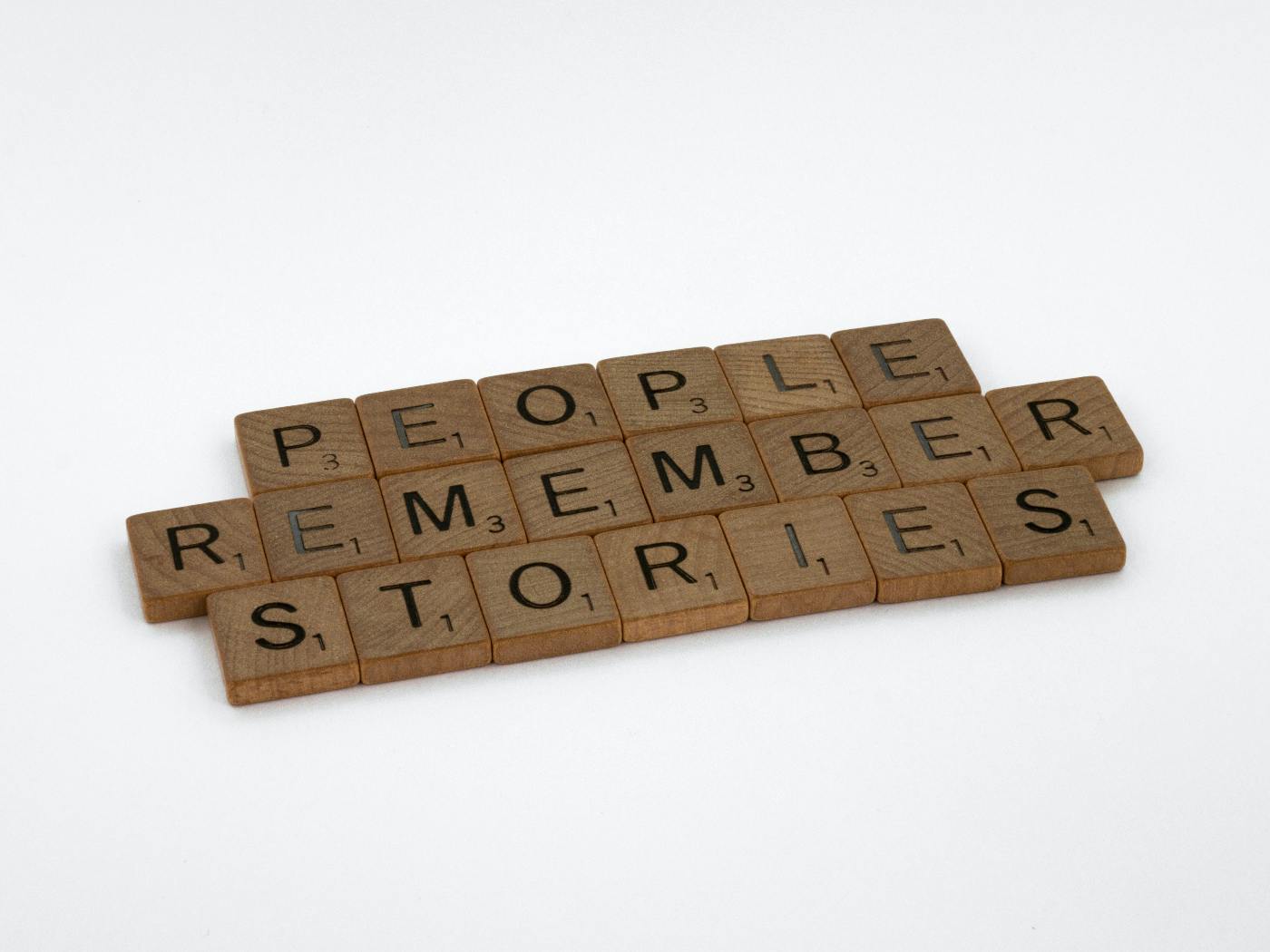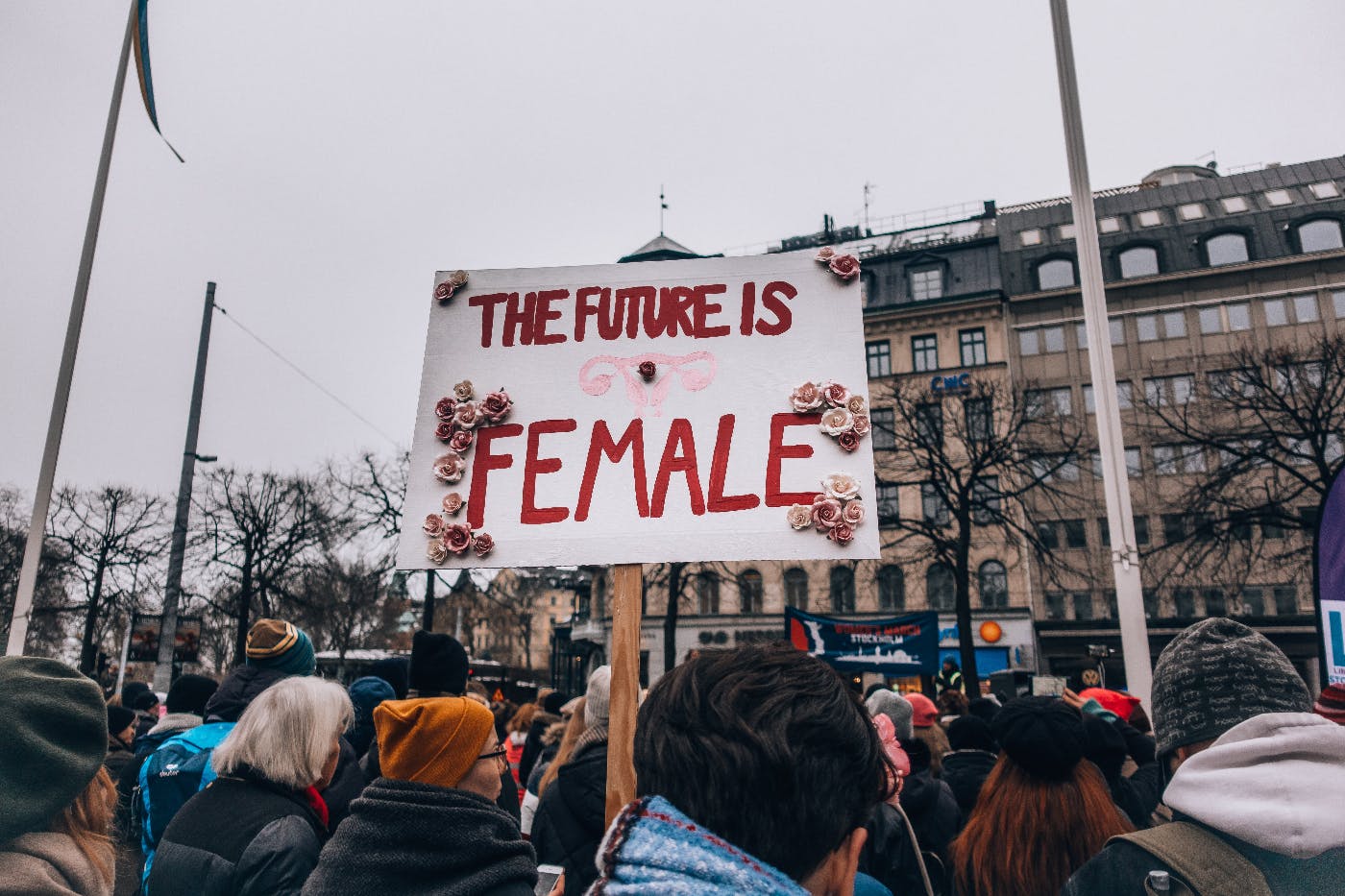
Every year by presidential proclamation, the month of March is set aside to celebrate and honor the achievements of women throughout history.
March is an important month for a few reasons; there are weather changes, the month is the gateway to spring, and March madness is going on for all you college hoops fans. Most importantly, March is Women’s History Month.
Every year by presidential proclamation, the month of March is set aside to celebrate and honor the achievements of women throughout history.
How did this start, and why is it significant? In this article, we will examine these questions and give you a few ways to celebrate the month and honor the great women in history and maybe even the lesser-known but still influential women in our lives.
When it began
The women’s history month celebration began as a local idea in Santa Rosa, California. The Education Task Force of the Sonoma County (California) Commission on the Status of Women planned and executed a “Women’s History Week” celebration in 1978. The week of March 8 was selected to correspond with international women’s day.
In 1980, headed up by a consortium of women’s groups and historians, the president was petitioned to make the day nationally recognized. In February of 1980, President Jimmy Carter proclaimed National Women's History Week the week of March 8, 1980.
After Carter, subsequent presidents have continued to proclaim the week of the March as national women’s history month. Then, in 1987, Congres passed Public law 100-9, declaring march women’s history month.
From 1989 to 1994, Congress continued to pass legislation requesting and authorizing the president to declare march Women’s History Month. Since 1995, every president has proclaimed March Women’s History Month.
Themes
Like Black History Month, which we just left, Women’s History Month has a yearly theme. Instead of having a national honoree, the theme allows local groups to plan and execute celebrations highlighting local women who had profound effects on local charities or people. With a unifying theme rather than a national honoree, the ideas and importance of Women’s History Month can be more appreciated in small towns and cities. Local groups can hold up women they feel represent the month's theme.
The theme for 2023 is celebrating women who tell our stories.
Telling our stories

2023 women’s history month has chosen the theme of women who tell our stories, and this is an excellent theme for a few reasons. One of which is the act and the importance of storytelling.
It would be easy to look at this theme and think, well, newscasters, filmmakers, and authors. Yes, those are great examples of women who tell the story of not just women but how the world we now know has been affected, molded, and changed by women. Women with strong voices, women who risk and challenge the arcane rules of society, and women who have shown us that they are not the weaker sex and have so much more to offer than once believed. These women changed the country on a national level with voices and causes that no one could ignore.
There is great power and history that needs to be recognized in the stories these women have told. They speak of overcoming oppression and ignorance and moving the world towards accepting that women can do and will do more than is expected. From stepping into factories to keep the American fighting forces strong while men were on the front to writing and speaking about rights that women deserve just as much as men, there are more than a month of stories to be told, celebrated, and heard.
Kitchen Table Stories
Another reason having a theme for the month is better than a national honoree is the stories often overlooked when we cast a wide net. There are great stories on a national level that show the strength and purpose of women, but what is often overlooked are the smaller stories and the act of storytelling itself.
Though we must honor the women who have fought hard for all women’s rights, we cannot overlook the stories told around kitchen tables, back porches, long drives, or weekend gatherings of the family in parks and yards all over this country. We cannot overlook the simple act of telling a story.
Mothers to daughters, mothers to sons, grandmothers to grandchildren, women have a unique way of seeing the world and conveying the truth of what they see to others. These stories may not be as big and nation-changing as the women’s rights struggles, but they are just as essential and impact just as profoundly.
Women who tell the small stories, the stories of how the family started, how parents met, how hard times were faced and overcome, these are the stories that shape individual lives. These are the stories cited by women who achieve success and then speak of time with their mother or grandmother, the morals they were taught in the stories that were told.
It’s one thing to read an article in the newspaper or see a story on television about the struggles or the contributions of women, but that doesn't compare to sitting at a dining room table, the remnants of the meal still being picked at, and a grandmother saying, “I remember …” Those are the moments when the noise settles down, when heads turn, eyes lock in on grandmother as she tells the story of something she experienced first hand. Right there with the baked ham and the sweet potatoes is a piece of history, a story being told by someone who didn’t just hear it on the radio or see it in the daily news; they lived the moment.
These stories, told not in classrooms or news stations, are the ones that land harder and stay with us. We can look at the storyteller and understand they lived through this moment. Even if they didn’t march to Washington or get arrested in a demonstration, they had a view of the event that shaped the nation and the people gathered around that table or in that yard.
We started to understand our history and our lives by telling stories, voice to ear, person to person. Someone somewhere was always standing up in front of the fire and telling a story. Eventually, that fire turned into radio and then TV news. The fire has changed, but the importance of storytelling has not.
A Month of Stories

This month we will celebrate the women who stood up for and against. The ones who saw what was wrong and decided enough and did something about it. Women with strong voices, clear visions, and opinions that evolved into fact. Those facts became laws of the land, and those laws, though women instigated them, benefited all of us.
Though we have books written about and by these great women, telling their stories of profound change, pain, sorrow, struggle, and eventually triumph, they cannot compare to the number of pictures on mantels, or side tables of women who changed families, individual family members and how those small changes sent ripples out across this nation and the world.
When you listen to the stories of great women, of impossible circumstances and insurmountable challenges that have been overcome this month, take a mo to remember the Sunday mornings after church, Sunday dinners, vacations, birthdays, or any other moment in your lives when you gathered and a woman, a mother, grandmother, daughter, sister told a story. Maybe that story seemed small or funny, but they told a story. That story was part of their personal history, but it’s also a part of the collective consciousness of women.
It’s easy to point to the ones in the history books whose stories are in bookstores or on library shelves. Stories featured in the news or hailed during Women’s History Month. It makes sense that those women are celebrated and their stories shared. But give time and attention to the kitchen table history lessons we got from women who were great in our own homes—the ones who made an impact in our towns, schools, churches, and local governments.
There is a lot to celebrate this month; I personally will quietly celebrate my Mom and how she taught me to dance in the kitchen on the day of my first school dance. I was terrified, and she eased my nerves, showed me how to dance, and told me stories of her first dance. How nervous my father was and how wonderful the night turned out. Not only did she give me some courage, but she taught me, in those moments, the value of telling a story.
March 2023 is National Women’s History Month; if you know a woman, and chances are you do, tell her story this month. It doesn’t have to be earth-shattering or nation-changing, but it is a story that should be told about a woman that needs to be celebrated. Fame doesn’t make a woman important. National recognition isn’t the only thing that makes a story worth hearing. This month, tell their stories and keep them alive in our hearts and minds forever.

